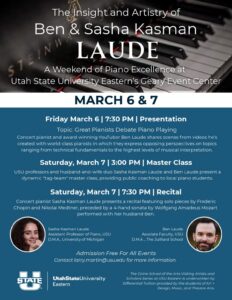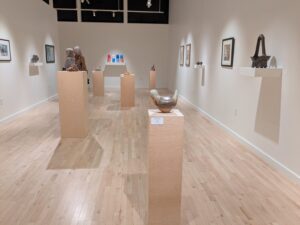Copy and paste syndrome

This archived article was written by: Benoni Sowah
“Copy and paste syndrome” hits USU-CEU campus like the swine flu.Is easy to go online, type a word in search engines like Google, copy and paste a four-page research paper and not site the source? That sounds easy but there is a price to pay. It is an academic crime called plagiarism.USU-CEU Policy and Procedures Manual defines plagiarism as “includes, but is not limited to, the use, by paraphrase or direct quotation, of the published or unpublished work of another person without full and clear acknowledgment. It also includes the unacknowledged use of materials prepared by another person or agency engaged in the selling of term papers or other academic mate-rial.” Claiming ownership of someone’s written work or idea is plagiarism. It does not mean you cannot get ideas from others. At the end of the day, the idea needs to be original or simply sited. One problem many academic institutions face is plagiarism. Most college students plagiarize because of stress and laziness. Copy and paste is the euphemistic word most college students use. A quick survey on campus revealed that most college students have plagiarized at least once in their lives.In a Wall Street Journal article, Psychology professor Steven Davis said “cheating by high school students has increased from about 20 percent in the 1940s to 75 percent today. Students say cheating in high school is for grades, cheating in college is for a career.”One student from USU-CEU said, “I try to avoid the temptation. Sometimes when I run out of ideas I go online to seek some ideas, but I don’t copy word for word.” This student thinks it is not wrong to look for information from other sources. What makes it wrong is when one copies that information as his or her idea.Although most students are aware of plagiarism they do not think it is wrong for them to be engaged in it. Alex Herzog, Ph.D., dean of students said, “It is just plain wrong.” Plagiarism is violation of section 4.1.1 of the school’s code of conduct, which states “any student found to have commit-ted or to have attempted to commit an act of dishonesty, including but not limited to the following: A. Cheating, plagiarism, or other forms of academic dishonesty shall be subjected to disciplinary sanctions.” The dean said, “plagiarism is on the rise and many of our students do not comprehend that it is not right.” He said USU-CEU has software that can detect plagiarized work and the college is work-ing with the writing center to create a plagiarism workshop for future offenders to take. There will be a fee associated with the required workshop of $50. Once the workshop is instituted, the standard sanction for first time violators will be a written warning, a $50 fine, required plagiarism workshop $50 and being placed on disciplinary probation for the rest of the academic year. This program is to begin in spring 2011. So far five students have been reported to the dean’s office. But there have been several cases handled by the teachers of the dishonest students.
Michelle Fleck, Ph.D., teaches geology. She said she noticed that students plagiarized in her class. To curtail these happenings, she changed her assignments. She now requires students to write about the geology of a place they have been. They have to back their writing with photos. She said the cases of plagiarism have reduced since then. “Most of the writings I receive now are personal and my students can relate with what they have written,” she said.
Most teachers on campus wish students would be original and work at developing themselves in college. Jennifer Truschka, philosophy teacher, thinks there is a section of students who are aware of this vice and another who are ignorant. She feels sad and angry when students plagiarize. “It’s an issue of respect for one’s self and education.” She either gives low or no points for plagiarized work or deals with the student herself. She turns them in after constant violations.
Lori Brassaw, director of the USU-CEU library, said when she taught English, she dealt with 5 out of 15 students in her class who plagiarized. She could not fathom why students pay so much tuition to learn and short change themselves, “if students don’t have the confidence to do it, college is the time to make it. And if they don’t learn to do it here, where else can they do it?”
The college has resources which help students with their assignments. Brassaw feels these resources are not fully utilized by students. She hopes students go to the various labs on campus to seek explanation to things they don’t understand in class.
Herzog wants students to feel free to contact their instructors with assignments they don’t understand. He said, “students who need help with writing papers should see the campus-writing center. Another useful tactic is to hand in your paper early for your professor to read through and advise how to improve.
Professors on campus can and will give you a failing grade for plagiarized work and have the ability to fail you for the class. So check your work and cite, cite, cite!”




